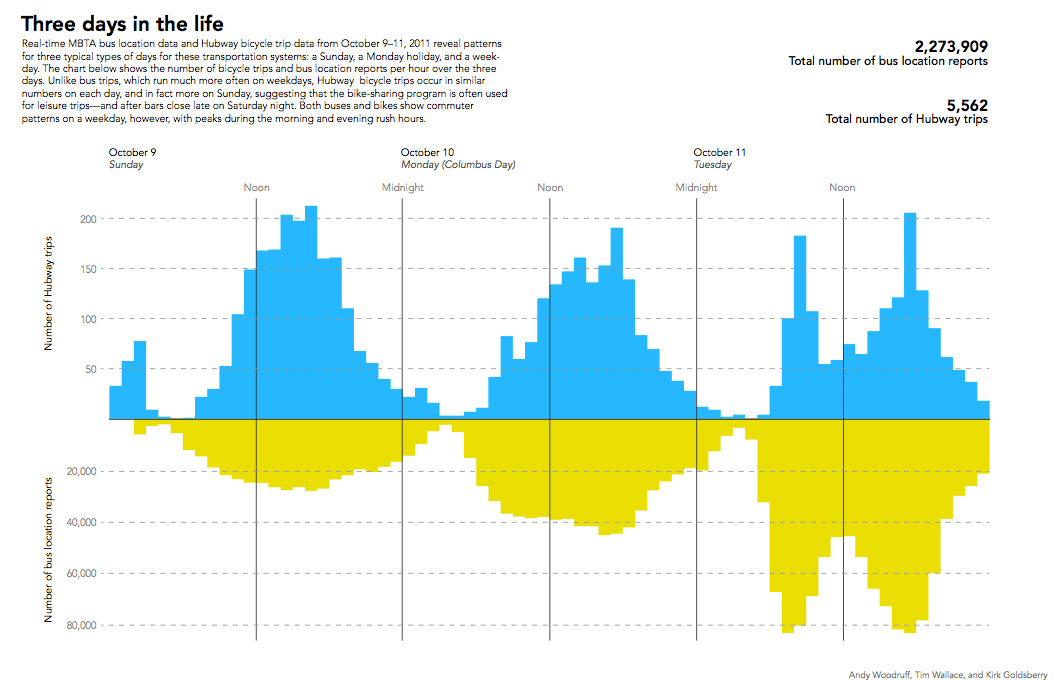A key difference is that gasoline tax dollars which are a user fee for driving on roads goes to maintain them. $5.9M is far too much money for repaving a mile of 4 lane roadway. I wish it could just be repaving the road, modernizing 50 year old signals, patching a little bad sidewalk, and making ramps ADA compliant, likely less than half the cost. Oh, no, selectmen want $1M in landscaping as a bribe to replace a travel lane with bike lanes, narrowing the roadway to widen sidewalks, 40 sidewalk lights to combat no street crime, benches, planters, trees, and replacing all 2 mi. of sidewalk. Sadly, wasting tax dollars to bribe cities and towns with landscaping to force more bike lanes has become a standard practice in eastern Mass.
Another difference with Hubway, is that I believe some comes from public mass transit funding - essentially leaving less for the MBTA, not that a drop in that ocean is noticeable. Scale wise, public funds going to hubway is fairly small, but single occupancy vehicles are hardly mass transit.


